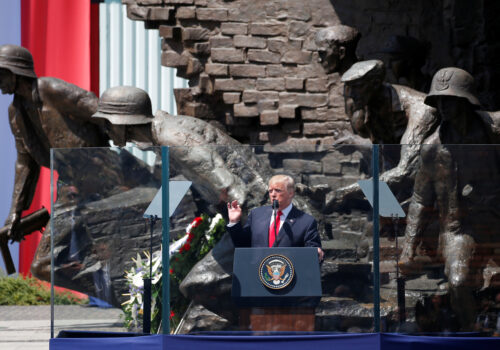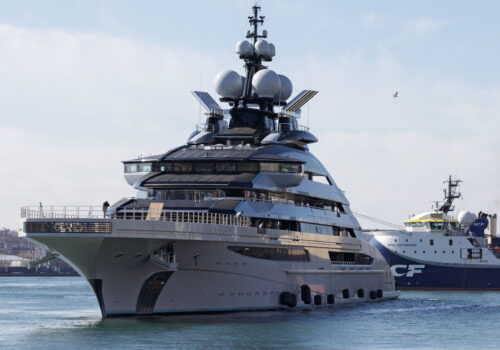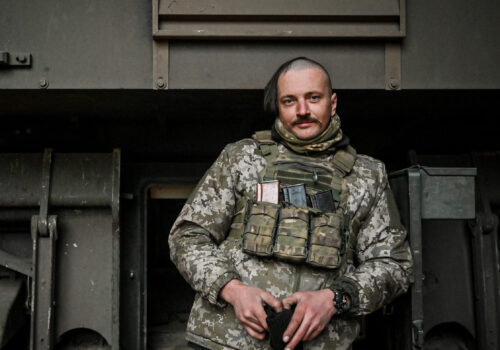Moscow and Tehran have been close partners driven by hostility towards the West since the Iranian revolution in the late 1970s. But after Putin’s full-scale invasion of Ukraine in February 2022, the two groups have found a new nexus of unprecedented cooperation.
Russia has come to rely on Iranian drones in its intensive bombing campaign against Ukraine’s energy infrastructure and civilian targets. Such cooperation has balanced what has historically been a more strongly skewed partnership between the two countries, in which Iran has sought more advanced technology from Russia. Now, the changing nature of the partnership between Tehran and Moscow is serving to strengthen the capabilities of both countries.
This new era of strategic partnership, marked by Iran’s UAV transfers, has continued to expand. The two sides continue to conduct frequent tours of each other’s scientific, military, and technical facilities, and to discuss further security cooperation. Iran is helping Russia build a factory to co-produce mass quantities of Iran’s Shahed drones. Iran has separately agreed to sell Russia surface-to-surface missiles, and there are reports that Russia pledges to provide Iran with advanced fighter jets and other air defense assets to help the country defend against future airstrikes.
As Russia’s dependence on Iran grows, so might its willingness to provide sophisticated missile technology in exchange; technology that would make Iran far more dangerous to the US and other countries in the region. On April 14, as Iran conducted a massive Shahed drone attack on Israel, Russia launched its Iranian Shahed drone attack on Ukraine, highlighting Iran’s developing role as not only a regional aggressor but as a global threat.
How should Ukraine and its Western partners understand the increasing cooperation between Russia and Iran? How has this nexus of collaboration over drone technology served to strengthen both countries? How can we expect Russia and Iran’s relationship to evolve amid Iran’s attacks on Israel? The Atlantic Council’s Eurasia Center and Scowcroft Middle East Security Initiative gather a panel of experts to discuss.
Speakers
Jason Brodsky
Policy Director
United Against Nuclear Iran (UANI)
Debra Cagan
Senior Advisor, Eurasia Center
Atlantic Council
Mark N. Katz
Nonresident Senior Fellow, Rafik Hariri Center & Middle East programs
Atlantic Council
Moderated by
This event will not feature an in-person audience. You will be able to join via desktop or mobile app, through your web browser, or by phone. To join the question and answer period, you must join by app or web.
Register above for details on joining the virtual audience.
Stay connected
Follow us on social media
and support our work
issue spotlight

Europe in crisis
War in Ukraine
Experts from across the Atlantic Council are assessing the consequences of Russia’s February 2022 invasion, including what it means for Ukraine’s sovereignty, Europe’s security, and the United States’ leadership.

The Eurasia Center’s mission is to promote policies that strengthen stability, democratic values, and prosperity in Eurasia, from Eastern Europe in the West to the Caucasus, Russia, and Central Asia in the East.
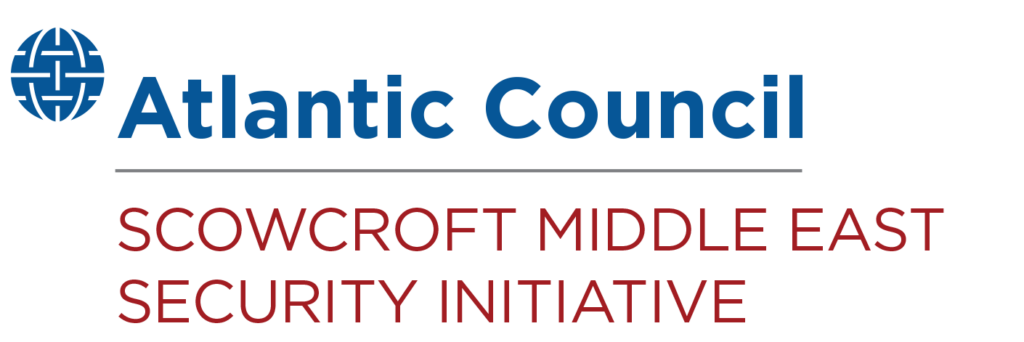
The Scowcroft Middle East Security Initiative (SMESI) provides policymakers fresh insights into core US national security interests by leveraging its expertise, networks, and on-the-ground programs to develop unique and holistic assessments on the future of the most pressing strategic, political, and security challenges and opportunities in the Middle East.
Atlantic Council TV
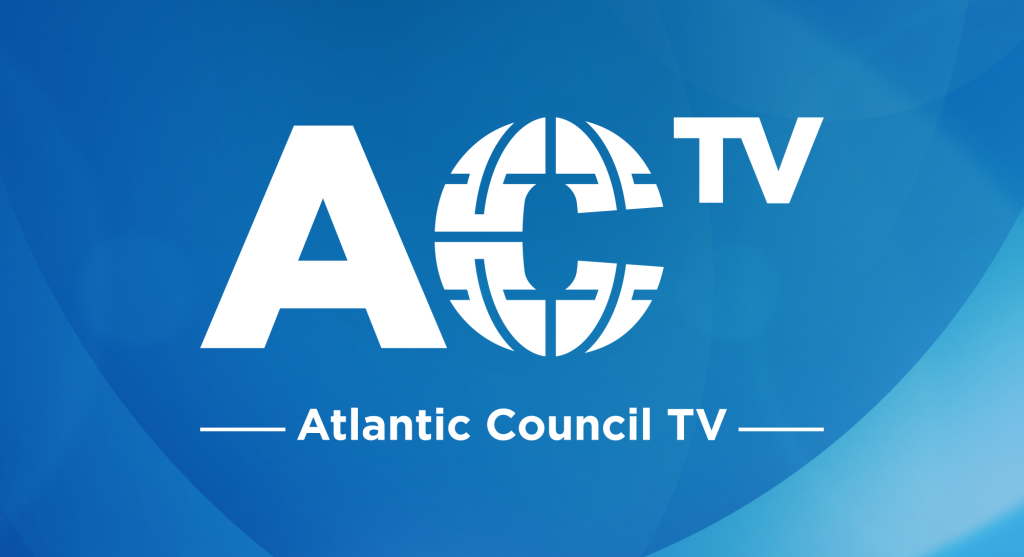
Watch this event and more content on ACTV
Follow the conversations shaping our world. Available on all major platforms.

